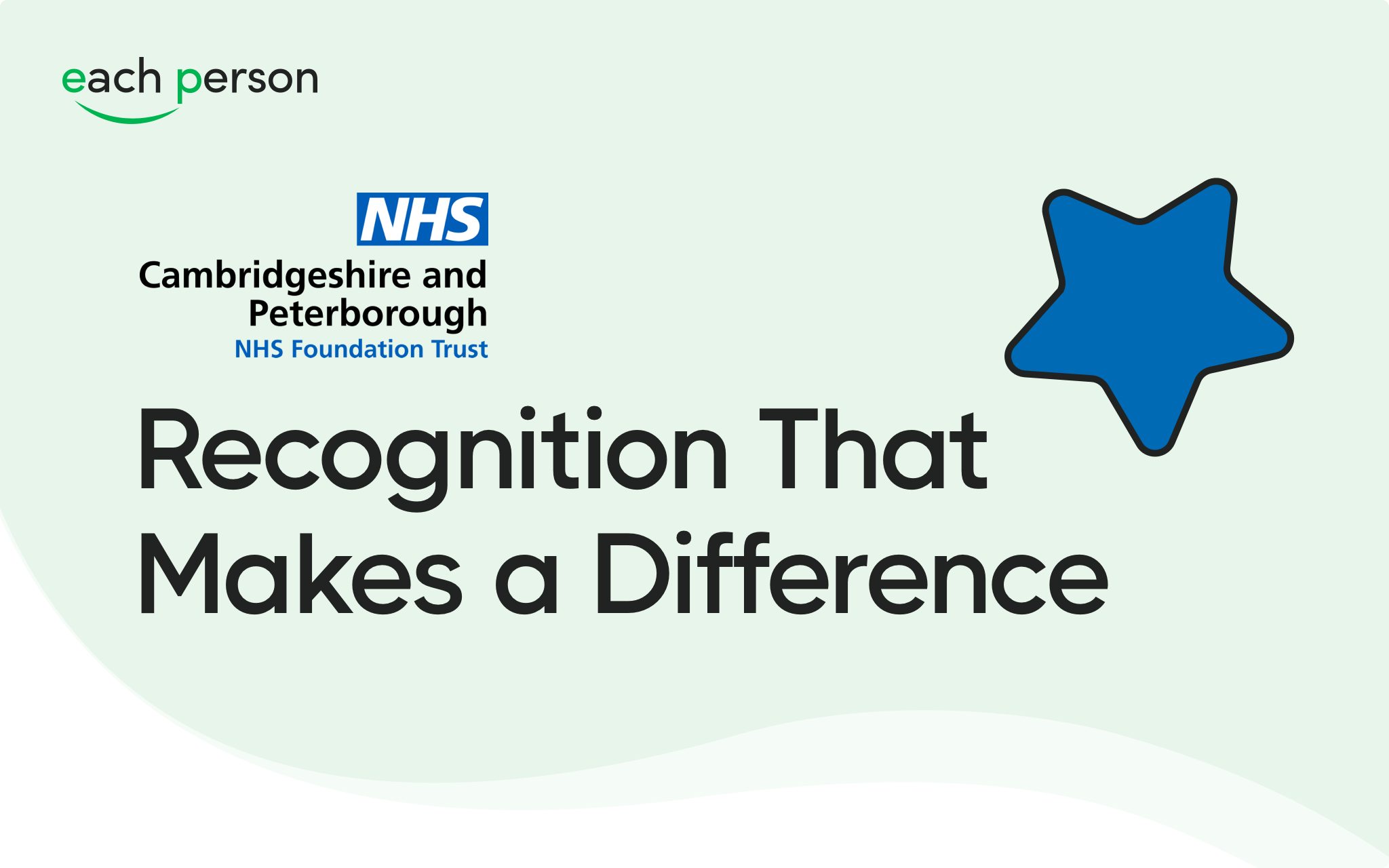New Job, New Anxieties - Managing Your Mental Health in a New Job
Learn how to manage New Job Anxiety
.png)
Starting a new job is scary, whether it’s your first-ever job or a high-up, senior position. A new role comes with new responsibilities, potentially a new team, and New Job Anxiety for most of us. Taking care of your mental health is always important, particularly when stepping into something new.
New Job Anxiety is the dragon that guards the castle that we must get past to reach the happy ever after. However, the key to breezing past this dragon is not to fight it but to tame it.
We can’t eradicate mental health problems or New Job Anxiety, but we can learn to manage them in a way that builds us up rather than letting them tear us down.
Joining a new role or company can increase different types of anxiety, such as imposter syndrome, social anxiety and speech anxiety. These dragons can seem impossible to tame for various for example, if you are introverted or previously worked entirely remotely.
The truth is, New Job Anxiety is tamable, and we just need to learn about its various personas and help each other out.
Imposter Syndrome
Imposter syndrome is a form of anxiety that leads you to feel like a fraud and that you don’t deserve to experience the opportunities available to you based on your abilities (1).
For many people who experience imposter syndrome, the feeling of inadequacy is overbearing and can prevent them from furthering their careers.
A large element of imposter syndrome is wanting to feel like you are part of a family or community but fearing being ‘found out’ and excluded (1). This can be a prominent feeling of New Job Anxiety, especially if you are joining a new team and building workplace friendships.
No matter what industry they work in, anyone can experience imposter syndrome, and many struggle in silence for fear of embarrassment or judgement.
There are many ways to tackle imposter syndrome and New Job Anxiety. One key tactic is to practice affirmations. Repeating self-affirming phrases every day may feel silly at first, but the more you stick to it and hear yourself singing your own praises, the more you believe it. Try simple phrases such as: ‘I am a strong and capable person’, or ‘I trust myself to make good decisions’ (2).
Checking in on your colleagues and regularly recognising their hard work is essential. A little bit of recognition goes a long way in helping build someone’s confidence. Joining our Each Person community will give you the ability to recognise and reward your people with ‘thank you’ Ecards to improve retention, productivity, and, most importantly, employee wellbeing. Get in touch with us at support@eachperson.com to find out how we can help.
New Job Anxiety has two more limbs: social anxiety and speech anxiety. They are very different forms of anxiety, but both heavily impact someone’s ability to relax in social settings, which can affect their work life.
Social Anxiety
Social anxiety affects everyday activities where there may be groups of people, especially strangers. This is very different from shyness as it can cause more extreme responses such as shaking, dizziness and sweating (3). Social anxiety generally forms when you are a teenager and can develop into adulthood and enforce your New Job Anxiety if not identified or managed.
The important thing to remember is that social anxiety can be managed. Many people who experience social anxiety find speaking to a counsellor or therapist beneficial, even if taking the first step is intimidating. There is no shame in asking for help; there are loads of different types of therapy available so you can find what works for you.
Speech Anxiety
Speech anxiety may also hold you back from jumping into great opportunities. There are many types of speech anxiety, most commonly experiencing sweating, nausea and a racing pulse before giving a speech or speaking in front of people. Some lesser-known conditions also affect speaking to people, such as selective mutism.
Selective mutism is a type of speech anxiety that makes it very difficult to speak to others in social contexts (4). Many people with selective mutism can still communicate by nodding or shaking their heads but feel the inability to use words with people they aren’t completely comfortable with.
Therapy and counselling can be very beneficial for people with speech anxiety. However, this may feel like climbing a mountain if you are unable to speak to a professional. Practice makes perfect, and practice takes time. It is important not to put any pressure on quick improvement; it is a process that takes a lot of strength and time.
Using other forms of communication when meeting someone new, such as texting or email, can be a great way to reduce New Job Anxiety and get used to talking to someone before you feel comfortable enough to speak in person (4).
Positive affirmations can be very beneficial in increasing self-confidence with speaking. Grounding exercises are also helpful if you have New Job Anxiety; find 5 different colours you can see, now five different shapes, close your eyes and count five different sounds you can hear.
Connecting with your people has never been so important, with 1 in 4 people in the UK experiencing mental health problems (5). At Each Person, we have recently introduced our new Employee Assistance Programme that your people can utilise to help with employee wellbeing and mental health. Contact support@eachperson.com to learn more.
At Each Person HQ, we use the platform daily to send each other ‘thank you’ Ecards and messages of motivation. We love using fun Ecard designs to personalise our appreciation! We have also created a strong sense of community in the office, which allows people to feel safe to share any worries or problems they might have in a non-judgemental space.
Sources:
- Better Up - What is Imposter Syndrom and How to Avoid It https://www.betterup.com/blog/what-is-imposter-syndrome-and-how-to-avoid-it
- Better Up - 25 Positive affirmations to defeat imposter syndrome https://www.betterup.com/blog/affirmations-for-imposter-syndrome
- Healthline - Social Anxiety Disorder https://www.healthline.com/health/anxiety/social-phobia#symptoms
- Healthline - Yes, adults can have selective mutism - learn the causes and how to cope https://www.healthline.com/health/anxiety/adult-selective-mutism#causes-in-adults
- Mind - Mental Health facts and statistics https://www.mind.org.uk/information-support/types-of-mental-health-problems/statistics-and-facts-about-mental-health/how-common-are-mental-health-problems/
Written by Alex Crump, published May 2023
Have you ever wondered when is the best time to look for a new job? Our latest blog delves into the best time of year to consider looking for new work. Read now!










